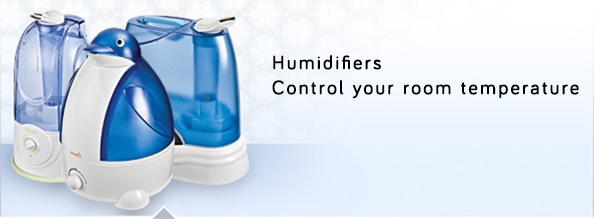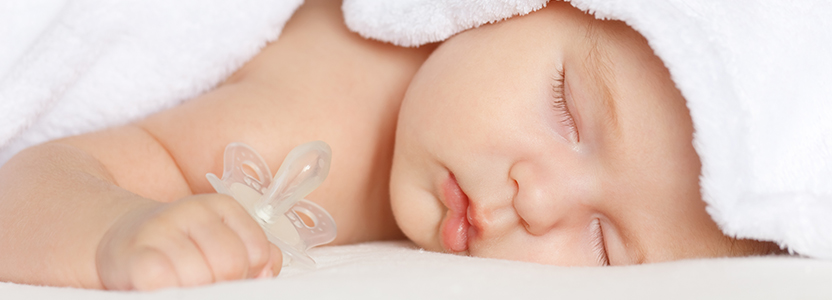It is true that winter has certain drawbacks, but the cold months cannot paralyze your life. It is in your hand to provide your baby with the necessary care to enjoy this season.
I had to be born in winter, but because it was very cold and my house did not have a stove, I was waiting to be born in summer, with the warmth. “If you have just been a mother or your baby is only a few months old, you will surely understand this phrase from the unforgettable comedian Miguel Gila.
And you will not be the only one because most moms in your situation wonder if the rigors of winter can affect your child’s health in some way at a time when he is so vulnerable.
It does not have to be this way. In fact, spring and summer are more pleasant seasons in this sense: it is nice weather and it is easier to take the baby to the park to enjoy different visual and sound stimuli, sunlight stimulates their defenses, there are more occasions for You and your partner stay with friends or family and the child gets accustomed to being with more people …
However, in the cold season, it is enough that you take a series of measures so that the first months of your baby run smoothly (although it is advisable that you get the idea that during the first year most children pass an average of between eight and ten colds).
RIDE WITH BABY
“The rigors of winter cannot paralyze our life, much less that of our son,” warns Cristina Bonjoch, an assistant to the Ambulatory Pediatrics department of the Quirón Dexeus Hospital in Barcelona. “Unless the temperatures are too cold, a baby should not live lock in the home waiting for the weather to change. The outdoors, although very fresh, is not harmful to your health,” he adds.

The advice of the pediatrician is correct: it is advisable to take the baby out on a daily basis, possibly at noon, when the sun warms up more, but avoiding direct exposure to the sun’s rays (keep in mind that although the sky is cloudy Radiation can affect you). To protect him from the cold take him in a stroller’s bag and cover his hands with gloves and his head with a cap that also protects his ears from drafts.
As for the most appropriate clothing, “it’s better to wear several thin coats than a few very thick coats,” says Dr. Bonjoch. Thus, if you enter a place where the temperature is higher you can remove some clothing to prevent it from suffocating. The rule suggested by the pediatrician is simple: put on a layer more than you carry (if you are cold, your child will also have it, but the difference is that he goes in the pram without moving and his body still does not regulate well temperature).
Also, it is advisable that the garments do not remain too tight so that it does not overwhelm you. Babies are not able to tell us if they feel uncomfortable, so “you should prevent your child from turning red like a tomato because it is too covered. If you cry, it may be because you feel bad because it is very warm, “explains the doctor.
A final tip when it comes to going out into the street or entering a house: it prevents the temperature changes are very abrupt because they are, more than the cold, the true enemies of the baby’s health.
THE NEWBORN IN THE HOME
It is also essential that your child feels at home and protected at home. Remember that the ideal temperature in the home is between 20 and 22 ºC and that it is necessary to ventilate well every morning to renew the air.
On the other hand, keep in mind that the heat of the heating system will dry the nostrils of your baby, which can hamper its protective function against microorganisms.

Therefore, it is convenient that you moisten the environment a little. In the market, you will find humidifiers of all kinds (you should clean them well daily) but if you do not have any, you can use a home system: place some wet towels or ceramic containers with water on top.


